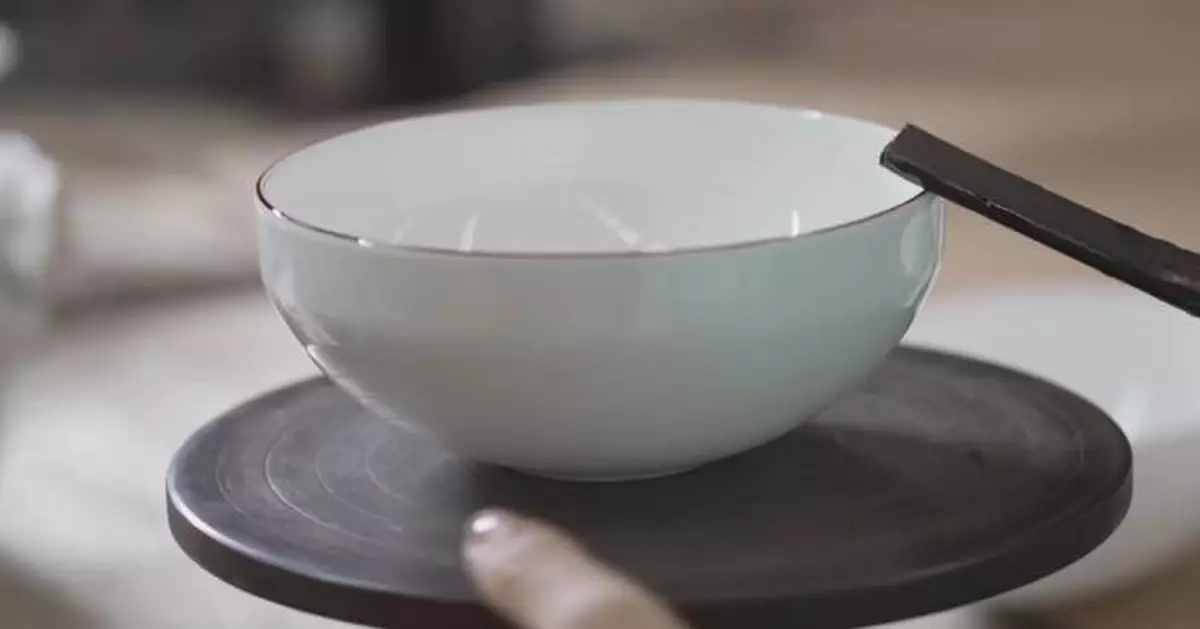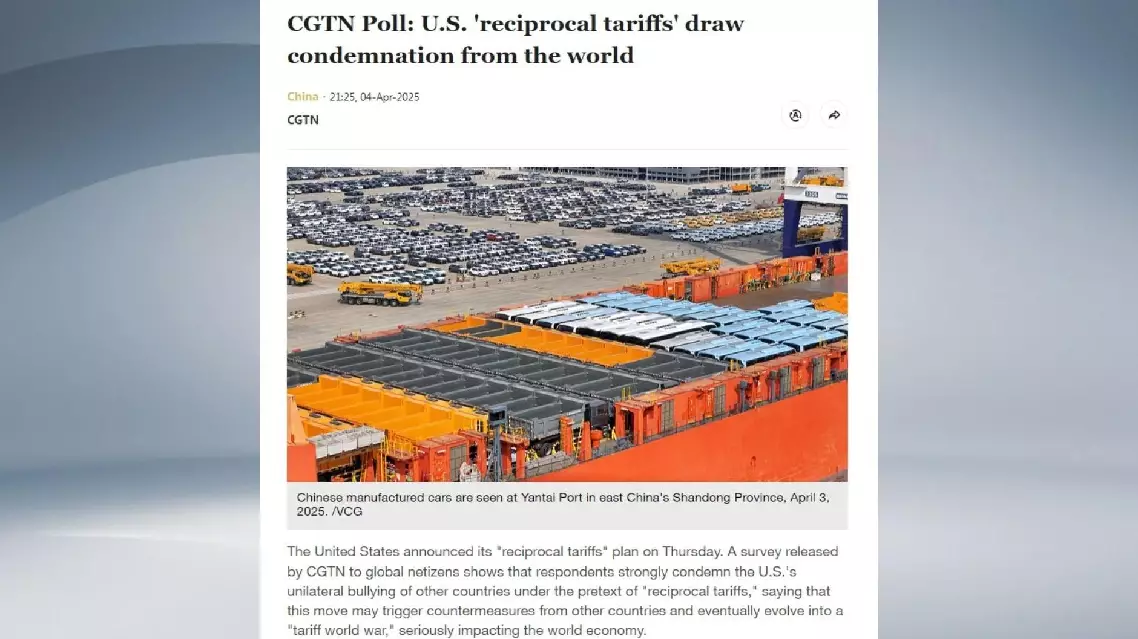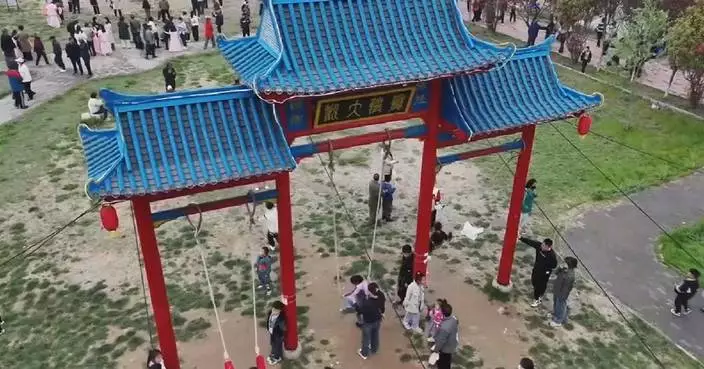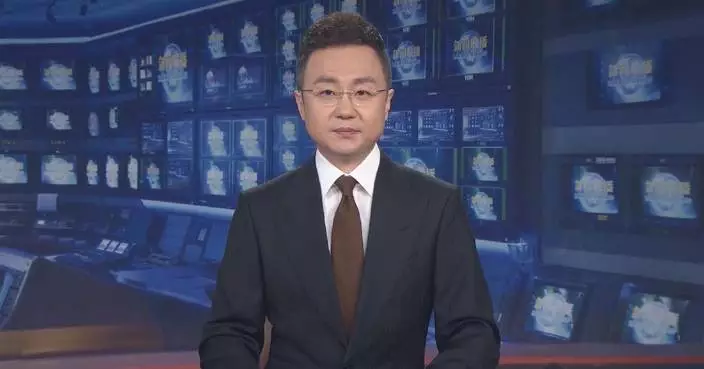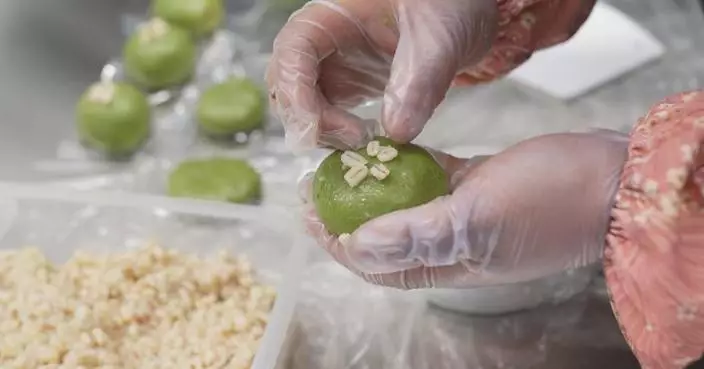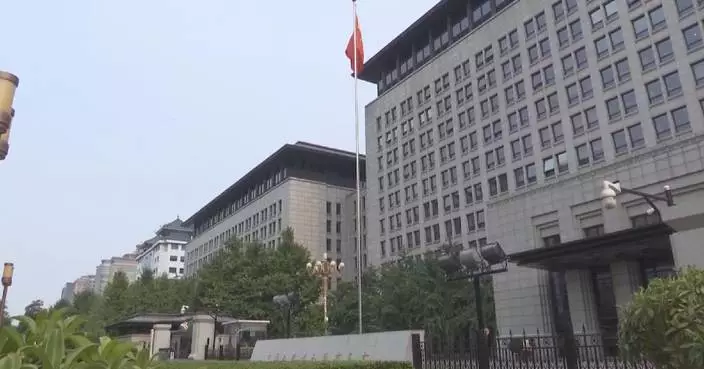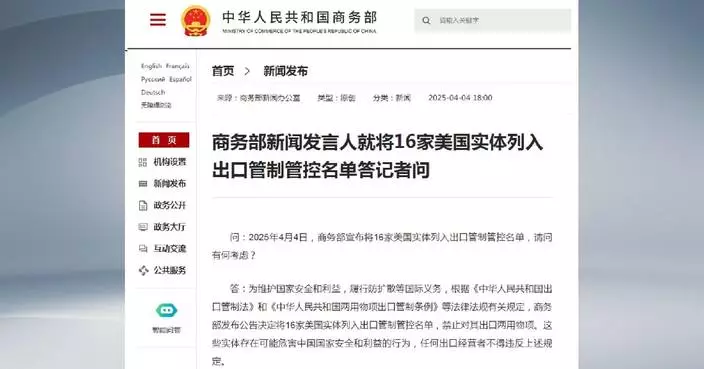Tangshan City, known as the "Porcelain Capital of North China," is leading a resurgence in Hebei Province's ceramic exports by upgrading production and tailoring designs for overseas clients amid fierce domestic competition.
In the first 10 months of this year, Hebei's ceramic exports reached 5.31 billion yuan (about 730 million U.S. dollars), a 14.3 percent year-on-year increase, ranking sixth nationwide.
Tangshan's ceramics legacy dates back to 1924, when the city produced China's first ceramic basin. Over the years, it has transformed from small workshops into a key production and export hub in northern China.
Boasting over 200 ceramic enterprises, the city exports its products to over 100 countries and regions. In the first three quarters of 2024, Tangshan's ceramic exports reached 3.08 billion yuan (about 420 million U.S. dollars), a 15.7 percent year-on-year growth.
Evandro Burgel, a sanitary wares wholesaler from Brazil, made his first trip to Tangshan to explore its offerings. He was impressed by the innovative designs, which he believes have strong market potential in his home country.
"The products have a very, very good design and also a very good quality in production and in the finishing as well, and the design is really differentiated from the other competitors in the same market," he said.
Breaking into the global market wasn't easy for the 40-year-old sanitary ware company that Burgel visited. Initially, the company had to slash prices repeatedly to secure a foothold in the low-end market. However, the company has since pivoted its strategy.
"We actively reach out to international markets and participate in influential trade shows to expand our client base. We also conduct annual market research and analyze consumer demands to upgrade our products," said Fu Lirong, director of Operations and Management at Huida Sanitary Ware Co.
The company has established a global sales and service network spanning over 100 countries, including the US, Canada, and the UK. Its export sales exceeded 100 million U.S. dollars in the first ten months of this year, a 22 percent increase year on year.
Tangshan Monopy Ceramic, another leading producer, has been involved in foreign trade since the 1990s. Facing fierce global competition, the company pivoted from outsourcing to focusing on original design and tailored production for international markets.
"As a company engaged in foreign trade for many years, we have keenly noticed changes in customer requirements in recent years, prompting us to increase our investment in research and development. Our company has transitioned from an OEM (Original Equipment Manufacturer) model to a design-led production approach for our overseas business," said project manager Hou Jing.
Another star ceramic product from Tangshan is bone china. Characterized as resonant as a chime, thin as paper, white as jade, and clear as a mirror, it possesses both practical and artistic value, and is frequently used for state banquets and national gifts.
Producing over 2,000 varieties of daily-use bone china products, another ceramics factory in the city primarily exports to countries such as Russia and Italy, currently fulfilling a rush order from Türkiye during the peak production season.
Additionally, Tangshan Customs has streamlined clearance processes for ceramic export enterprises by taking measures such as leveraging online application systems for inspection and quarantine certificates, self-declaration of origin for approved exporters, which has significantly reduced visa costs and enhanced clearance efficiency.
"We are promoting online declarations, intelligent reviews, and self-service printing of certificates, enabling rapid issuance and saving businesses considerable time and costs," said Zheng Chen, director of the Tangshan Customs Office.
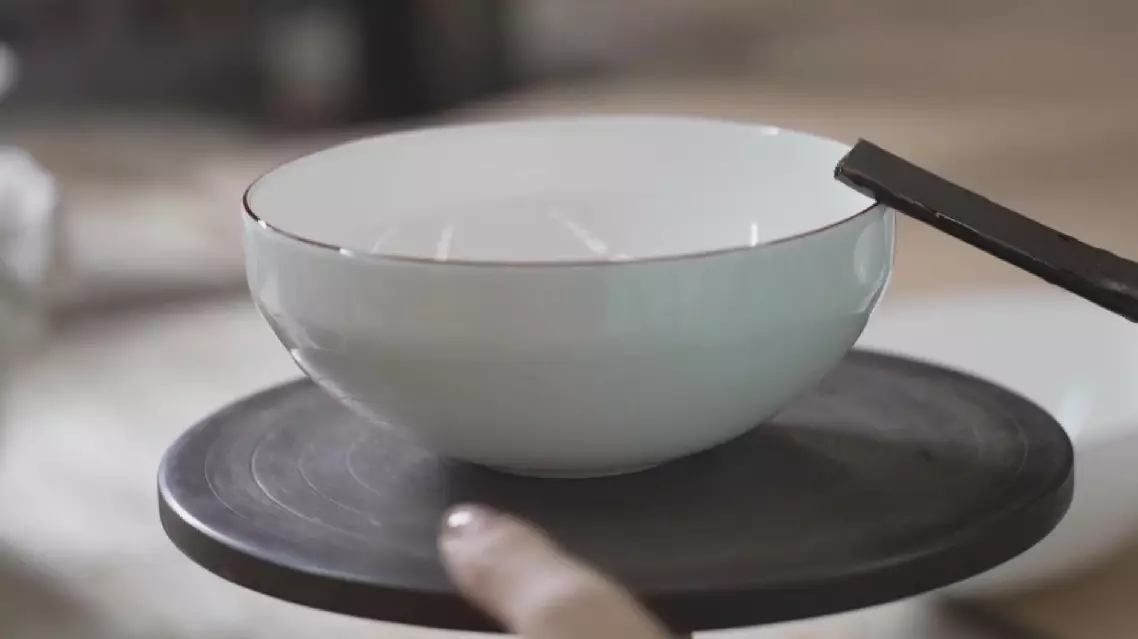
Hebei's porcelain capital sees surge in exports with tailored designs for overseas clients


